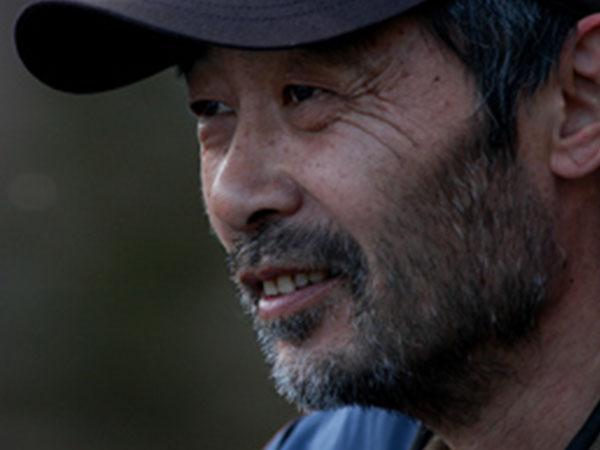2007
The Go Master (Wu Qingyuan)
The true story of Wu QingYuan, the world’s most renowned master of the ancient game of Go.
More Details
Tian Zhuangzhuang is one of the leading figures of the ‘Fifth Generation’. His third feature film Horse Thief (1985) won large audiences in Europe and North America, and is now seen as one of the cornerstones of ‘Fifth Generation’ filmmaking: a modern classic. He has been in and out of trouble with the authorities for most of his career (not least for being the only film industry signatory to a 1989 open letter to the government, calling for the release of political prisoners) and he was ‘black-listed’ for a year after his film The Blue Kite won the Grand Prix at the 1992 Tokyo International Film Festival.
The son of well-known film actors, he was born in Beijing and at age 14 when Mao launched the Cultural Revolution, he was active as a young ‘Red Guard’ before being sent to Jilin Province for ‘reeducation’ at the hands of the local peasantry. He escaped from Jilin by joining the army, and served as a trainee cinematographer on several agricultural documentaries. When the Beijing Film Academy re-opened in 1978, he passed the exam to enter its Directing Department—and co-directed the student tape Our Corner (1980), the first sign of the coming ‘new wave’ in Chinese cinema. On graduating in 1982, he co-directed a feature for children.
Between 1994 and 1997 he ran the company Pegase within Beijing Film Studio and produced four features by young directors; he also acted in one of them, How Steel is Forged, directed by Lu Xuechang. In 2002 his film—Springtime in a Small Town won the San Marco Prize at the 59th Venice International Film Festival. In 2003, he founded BDI Films Inc. in Beijing, majoring on HD films for a young generation of directors. Also in 2003 he directed his first documentary film—Delamu, and in 2006 he finished his new feature —The Go Master.
The Asia Pacific Screen Academy expresses its respect for and acknowledgement of the South East Queensland Aboriginal and Torres Strait Islander communities. We pay our respects to the Traditional Owners of country, including the custodial communities on whose land works are created and celebrated by the Asia Pacific Screen Awards. We acknowledge the continuing connection to land, waters and communities. We also pay our respects to Elders, past and present. We recognise the integral role Aboriginal and Torres Strait Islander and First Nations peoples continue to play in storytelling and celebration spaces.
